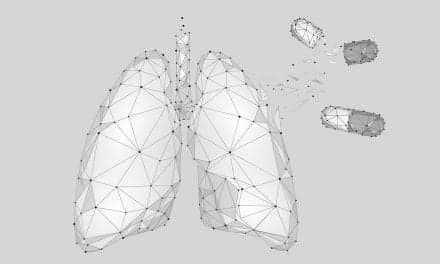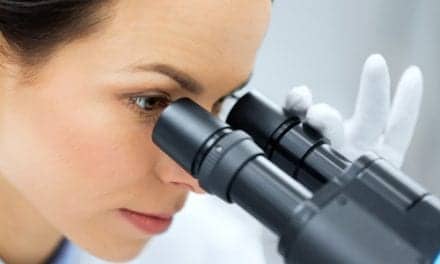A study by UCLA School of Dentistry will use a Saliva Collection System from Spectrum Solutions LLC to determine whether saliva can be used for the early detection and analysis of lung cancer. The research will recruit 50 patients with lung cancer and aims to validate saliva’s tumor-specific ctDNA detection sensitivity and positive agreement against tissue biopsy-based genotyping.
Saliva will be collected, preserved, and transported for DNA testing using Spectrum’s Saliva Collection System. The company will further support the development of clinical methods and additional technical innovations.
The study is being led by professor of oral biology, Dr David Wong, from the UCLA School of Dentistry, a research-intensive dental school and the lead US research site for the study.
“Saliva-based liquid biopsy ctDNA detection can be used to not only provide an accurate cancer diagnosis, but additionally track the actionable mutations, monitor a response to treatments, and assess the emergence of drug resistance,” Wong said. “This study’s non-invasive use of saliva for the analysis of ctDNA will prove to overcome current limitations, provide procedures that improve detection sensitivity, and offer significant clinical impact on early detection, risk assessment, screening, diagnosis, and personalized/precision medicine.”
The research study will compare saliva and plasma samples from NSCLC patients to identify usctDNA molecules in saliva and use special extraction methods to improve overall sensitivity of current liquid biopsy procedures.
“At Spectrum Solutions, we are proud to sponsor Dr Wong and UCLA in this exciting research project to unlock and harness the potential of saliva as a primary diagnostic resource to combat and improve the lives and wellbeing of people around the world,” said Stephen Fanning, President and CEO of Spectrum Solutions. “We look forward to working with the innovative researchers at UCLA and pledge our full support.”









